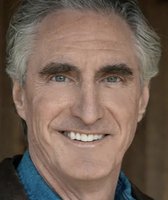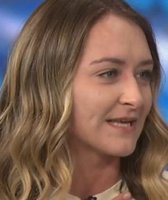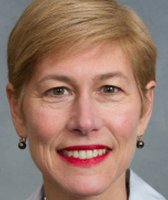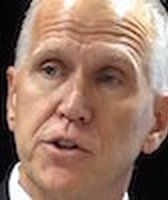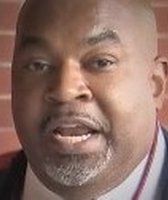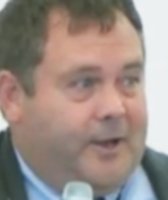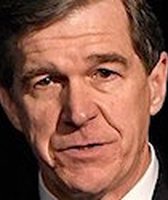Get PolitiFact in your inbox.
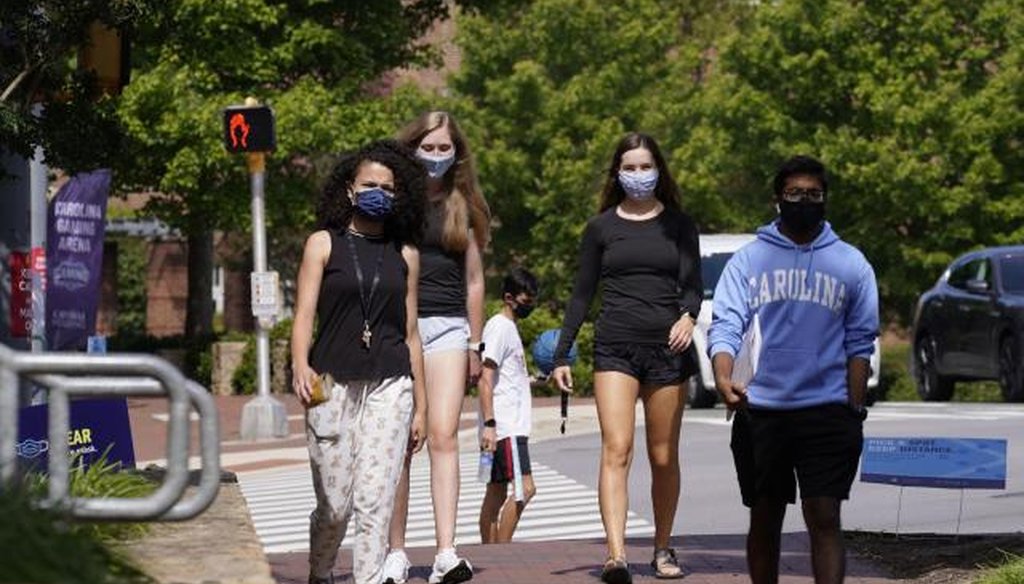
Students wear masks on campus at the University of North Carolina in Chapel Hill, N.C., Tuesday, Aug. 18, 2020. (AP/Gerry Broome)
Senator forgets key context about UNC's COVID-19 testing
If Your Time is short
- U.S. Sen. Chris Murphy, a Democrat from Connecticut, said that "14% of students tested positive" at the University of North Carolina.
- The way he phrased the tweet could give the impression that more than 2,600 of UNC's 19,000 undergraduates are infected.
- That's not the case. About 14% of tests recently came back positive -- and that figure comes from a sample size of only 954 students.
The University of North Carolina made national news after reporting a coronavirus outbreak shortly after students returned to campus.
Before students could even get their first assignments, university administrators abandoned their plans to hold in-person classes. The football team, however, is still scheduled to move forward with a modified Atlantic Coast Conference schedule.
That upset U.S. Sen. Chris Murphy, a Democrat from Connecticut. The University of Connecticut was the first major football program to cancel its season due to the pandemic.
"Notre Dame and UNC are sending kids home because of COVID outbreaks (at UNC 14% of students tested positive)," Murphy tweeted on Aug. 18, adding: "But...not football players! They need to stay no matter the risk, because the college football money machine needs to keep churning."
His tweet linked to a New York Times story about the situation at UNC.
Murphy was clearly trying to make a point about college athletes being exploited. While doing so, however, he failed to provide the full context of UNC’s outbreak.
Is it true that 14% of students tested positive, as Murphy said? Not exactly.
The percentage Murphy quoted is generally accurate. It’s what the percentage represents that he didn’t properly convey.
Murphy’s tweet could give the impression that 14% of all students tested positive. That would mean that more than 2,670 of UNC’s 19,117 undergraduate students have COVID-19.
But that’s not the case.
While some schools (including Duke University) required students to be tested before entering campus, UNC didn’t. UNC encourages students to be tested if they believe they have been exposed to the virus.
In the week from Aug. 10 to 16, 954 students were tested. Of those, 130 — or 13.6% — tested positive. The university updates its testing numbers weekly on its online dashboard.
Featured Fact-check
Is it fair to say that the week’s infection rate for those who were tested accurately reflects the entire UNC student population? No.
Because UNC is only testing people who think they need it, the results are likely to skewed, said Donald Taylor, director of the Social Science Research Institute at Duke University.
"UNC is doing ‘symptomatic’ testing when folks are feeling sick, and contact tracing testing when you ask a person newly infected to say who they have been in close contact with, and then those folks are tested," Taylor said.
"People who feel sick, or who were in close contact with those who are positive would be expected to have a much higher rate of ‘positivity’ than would an entire population," Taylor said.
If it was a random sample of students, you could extrapolate, "but would need to say it is a rough estimate," said Peter Ubel, a physician and behavioral scientist at the Duke University’s Fuqua School of Business.
"If they tested symptomatic students, or ones with known exposures, then that suggests the 14% figure is higher than probably seen across the student body," Ubel said.
UNC spokespersons emailed PolitiFact to reiterate that the 14% positivity rate "does not reflect all students." It represents only students "who took a COVID-19 test and had a positive result for coronavirus that week."
As for Murphy, his office doesn’t believe the tweet is misleading at all.
"Senator Murphy didn’t say it was 14% of all students," Murphy spokesperson Jamie Geller said. "He said it was 14%, with no qualifier, which logically infers that it’s of those who are tested. But in case there was any confusion, he linked to the article."
We disagree with the notion that Murphy’s tweet clearly refers only to students who were tested.
Murphy tweeted that "at UNC 14% of students tested positive."
Someone who reads Murphy’s tweet could understand that he’s referring to the small sample of students who were tested. But, on its face, the tweet could give the impression that more than 2,600 students contracted COVID-19.
That’s not the case. It would have been more accurate to tweet that 14% of tests were positive, rather than students. The statement contains an element of truth but ignores critical facts that would give a different impression. We rate it Mostly False.
Our Sources
Tweet by U.S. Sen. Chris Murphy, Democrat from Connecticut, on Aug. 18, 2020.
Story by CNN, "UConn becomes first school in college football's top division to cancel 2020 season," posted Aug. 5, 2020.
Story by the New York Times, "UNC moved class online. The football games are still on, for now," posted Aug. 18, 2020.
Story by WRAL, "Duke students who live on campus will have to test for COVID-19," posted July 13, 2020.
Test results for the week of Aug. 10-16 on the UNC-Chapel Hill CV-19 dashboard.
Email interview with Donald Taylor, director of the Social Science Research Institute at Duke University.
Email interview with Peter Ubel, a physician and behavioral scientist at the Duke University’s Fuqua School of Business.
Email correspondence with Jamie Geller, spokesperson for U.S. Sen. Chris Murphy.
Browse the Truth-O-Meter
More by Paul Specht
Senator forgets key context about UNC's COVID-19 testing
Support independent fact-checking.
Become a member!
In a world of wild talk and fake news, help us stand up for the facts.










